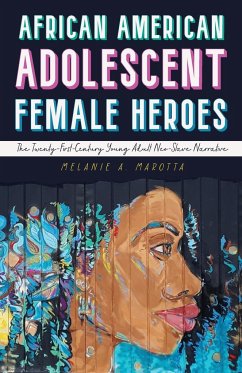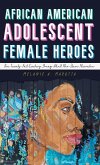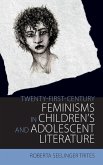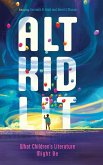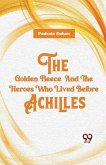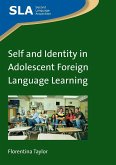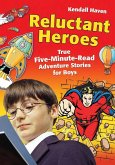In the wake of the second wave of the Black Lives Matter movement, inequalities and disparities were brought to light across the publishing industry. The need for more diverse, representative young adult literature gained new traction, resulting in an influx of young adult speculative fiction featuring African American young women. While the #BlackGirlMagic movement inspired a wave of positive African American female heroes in young adult fiction, it is still important to acknowledge the history and legacy of enslavement in America and their impact on literature. Many of the depictions of young Black women in contemporary speculative fiction still rely on stereotypical representations rooted in American enslavement. African American Adolescent Female Heroes: The Twenty-First-Century Young Adult Neo-Slave Narrative investigates the application of the neo-slave narrative structure to the twenty-first-century young adult text. Author Melanie A. Marotta examines texts featuring a female, adolescent protagonist of color, including Orleans, Tankborn, The Book of Phoenix, Binti, and The Black God's Drums, as well as series like the Devil's Wake series, Octavia E. Butler's Parable series, and the Dread Nation series. Taken together, these chapters seek to analyze whether the roles for adolescent female characters of color are changing or whether they remain re-creations of traditional slave narrative roles. Further, the chapters explore if trauma, healing, and activism are enacted in this genre.
Hinweis: Dieser Artikel kann nur an eine deutsche Lieferadresse ausgeliefert werden.
Hinweis: Dieser Artikel kann nur an eine deutsche Lieferadresse ausgeliefert werden.

